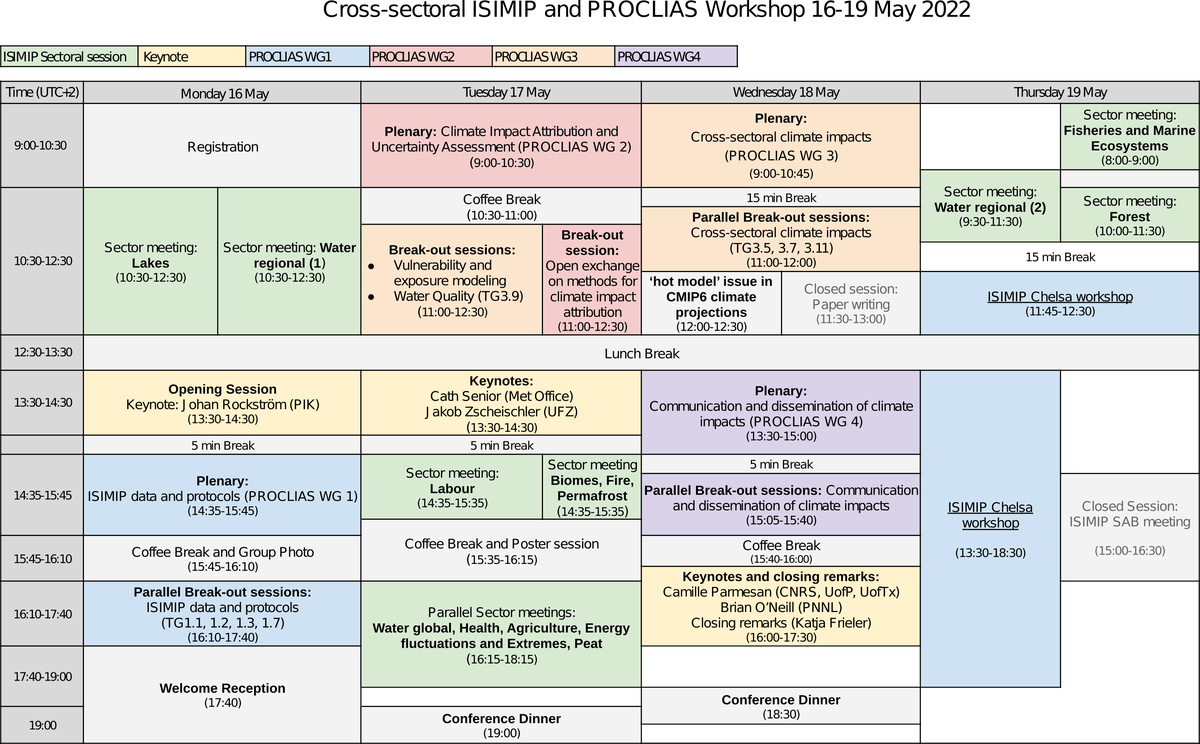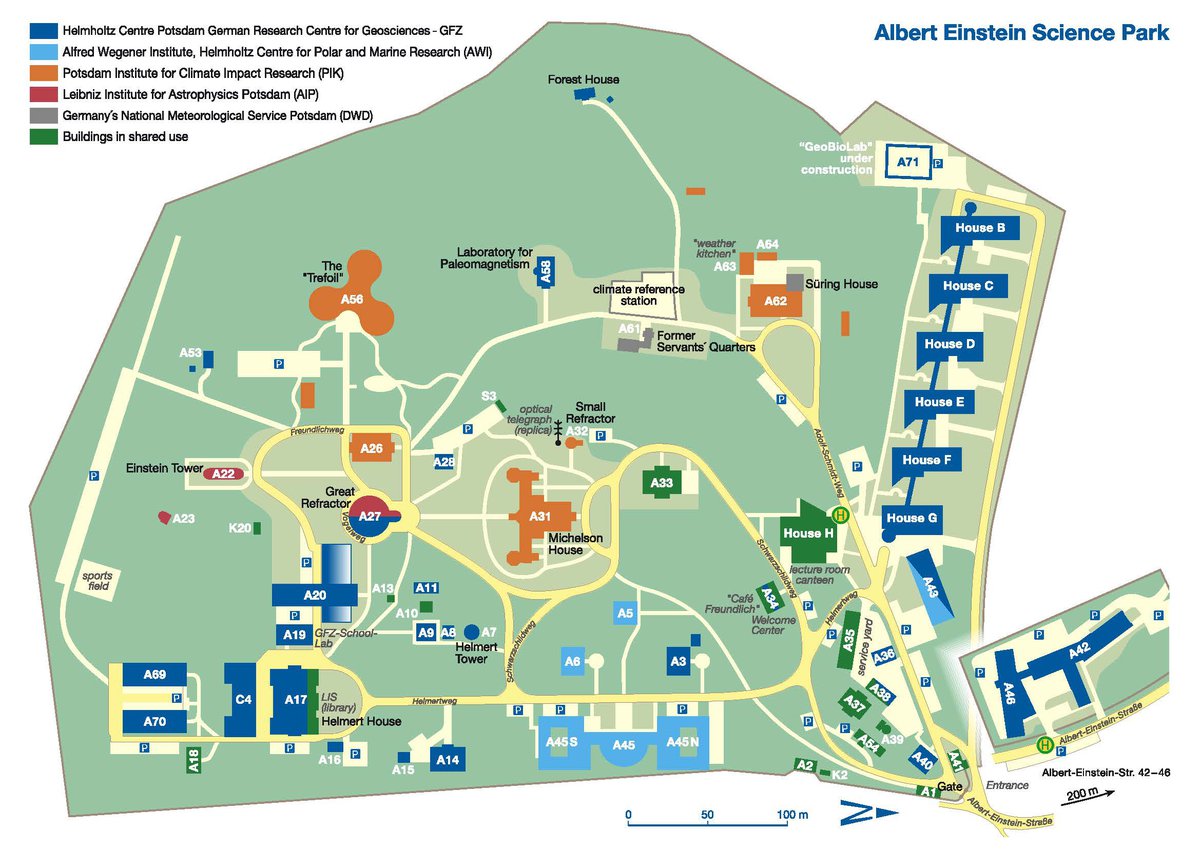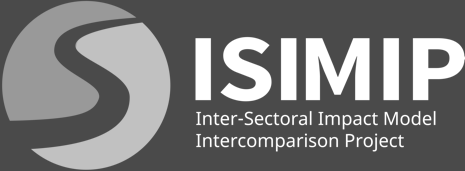Accommodation
There is a number of decent hotels in the centre of Potsdam, such as e.g. the brand new Holiday Inn (Am Kanal 15, 14467 Potsdam), the Mercure (Lange Bruecke, 14467 Potsdam), or the Maxx Hotel Sanssouci (Allee nach Sanssouci 1, 14471 Potsdam).
WiFi
The PIK Guest WiFi will be available in all meeting rooms.
Joint dinner (Tuesday/Wednesday)
For Tuesday we have reserved sufficient tables in the Augustiner im Bürgerbahnhof just next to the famous Sanssouci Palace to have a joint dinner. Please note that you will have to cover expenses on your own. You can get there on foot (c. 5 km walk), or by public transport from Potsdam main station. You can take the bus 605 (15 min), or the train RE1 (4 min), and drop at "Park Sanssouci". Further information on departures will follow here soon.
For Wednesday, we may provide recommendations upon request but won't make any reservations. There are many nice places north of Potsdam main station, e.g. theGenusswerkstatt, or the Lewy Wine Bistro. Please team up and organize yourselves.
COVID rules and regulations
All on-site participants need to provide a negative test result from an antigen rapid test, which is not older than 24 h in order to take part in the meeting. We ask all participants to organise the test by themselves on Monday before the registration. Participants can get tested for free in a “Citizen test centre” e.g. at the main station, or here, or use one of their own tests (which can be bought for 3-5 Euros in pharmacies and many other shops). For the following workshop days, we will provide antigen rapid tests to all participants upon registration on Monday so that participants can test themselves every morning before joining the meeting. Before the start of the meeting each day, all participants will sign the attendance list and a statement in which they confirm to be tested negative. PIK staff is kindly asked to take advantage of the self-test offer at PIK, please contact the Hausmeister well in advance to make sure you have the tests at your disposal in time.
Medical or FFP2 masks are obligatory during the meeting, if minimum distances of 1.5m cannot be maintained. Masks have to be worn in communal areas of PIK buildings, such as stairways, corridors, restrooms, elevators and during meeting breaks, the arrival and departure of participants.
We kindly ask everyone to bring their own pencil in order to fill up registration forms.
The intake of food and drinks can only take place in sufficiently large and well-ventilated areas or ideally outdoors in the fresh air, as no mask is worn during this time.
Regular long and thorough hand washing with soap (at least 20 seconds) is recommended, additionally hand disinfectants are available in all PIK buildings.
Please also carefully read the Hygiene concept for the event and follow the described rules.


